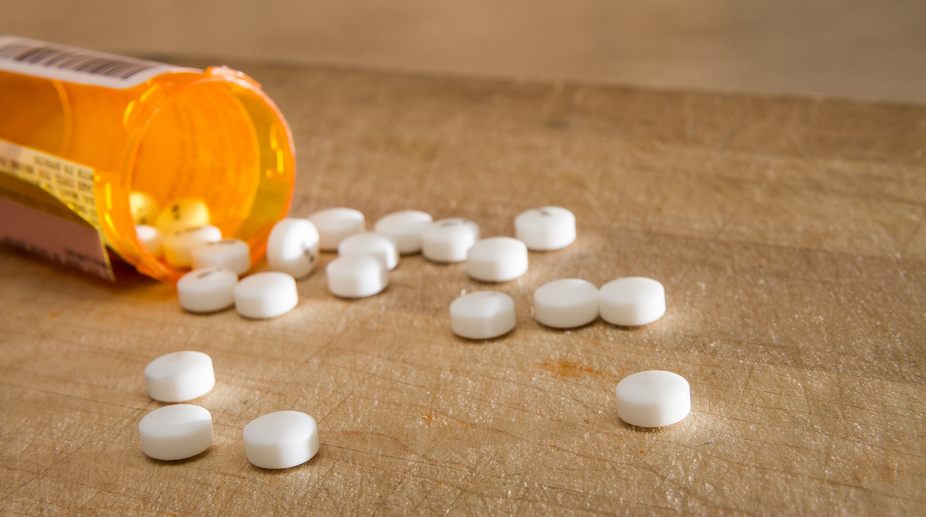India logs 182 Covid cases, one death
With the addition of the new cases, the overall Covid caseload in the country rose to 4,50,25,076.

The Union Health Ministry on Wednesday said it has found 1,850 samples of drugs sold in India 'Not of Standard Quality (NSQ)' while 13 were found spurious.
"Overall, out of the 47,012 samples tested, 13 samples were found to be spurious and 1,850 samples were found to be 'Not of Standard Quality' (NSQ). As such, the percentage of NSQ Drugs in India has been found to be 3.16 per cent and that of Spurious drugs 0.0245 per cent," said a statement from the ministry.
According to the Health Ministry, many of the drugs are of foreign companies that have their manufacturing units in India.
Advertisement
As part of the survey, touted to be the world's largest, 47,954 drug samples relating to 23 dosage forms were drawn from 654 districts of 36 States and Union Territories from the supply chains including retail outlets, government sources and from eight airports and sea ports.
"The statistical design of the Drug Survey included as many as 224 Drug molecules belonging to 15 different therapeutic categories of the National List of Essential Medicines (NLEM) 2011," said a statement from the Health Ministry.
The Ministry had entrusted the work related to carrying out a Survey of the extent of Problems of 'Spurious and Not of Standard Quality Drugs' to the National Institute of Biologicals (NIB), Noida.
As part of the survey, a nationwide training in drugs survey methodology was imparted at 28 centres across the country to over 1,800 Sample Drawing Officers (SDOs) and representatives of the Civil Society / Pharmacy Council of India (PCI).
"The role of the Civil Society/Pharmacy Council of India (PCI) representatives was to observe that the drugs samples are drawn in accordance with the sampling methodology and the highest degree of transparency and objectivity is maintained in the process to eliminate any bias," said the Ministry.
All the samples were subjected to test/analysis as per pharmacopoeial requirements in the Central and State Drug Testing Laboratories that have been accredited by NABL
Advertisement